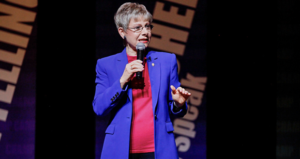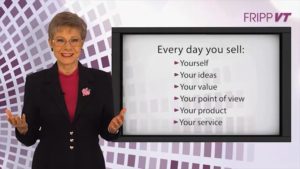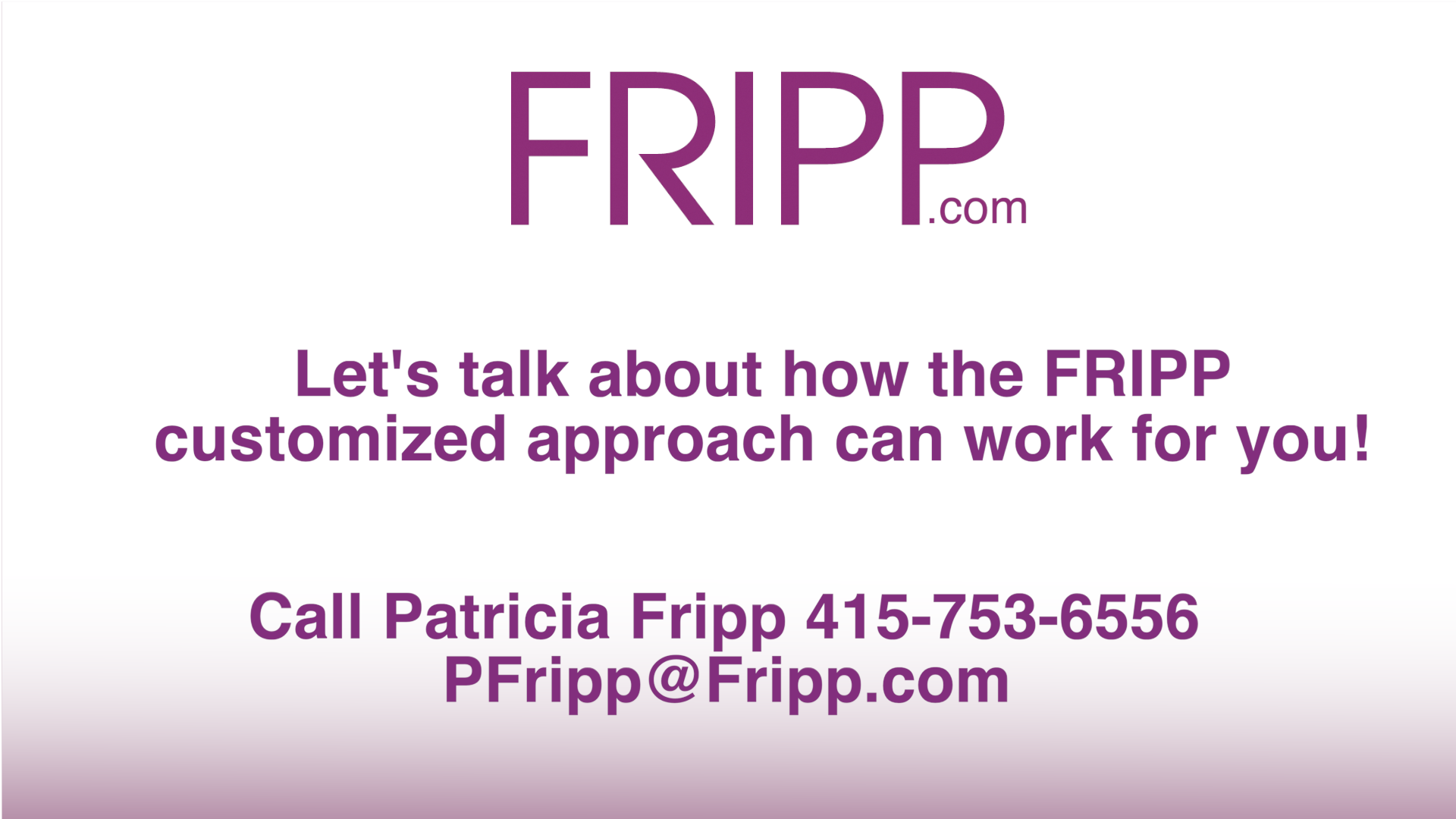If you are asked to deliver a speech about you and your success, most likely you are nervous about sounding “too big for your britches.”
The Secret: Give Credit to Those Who Guided You to Success
If you are a successful business professional, you will be asked at some point, within your company or your community, to speak about your success. Most people feel anxious about that. We’re programmed by our mothers not to “show off.”

Structure your presentation based on one simple strategy, and make it easy on yourself.
Every speech is organized around a key issue. For the “about me” speech, it is this: No one becomes successful alone. Give credit to the influencers, the models, the mentors who have guided you through your career.
The story of your personal success gives credit to them and their guidance.
Look at your life story as if it were a play: Act I: When you were young;
Act II: When you were more mature and starting your career; and
Act III: When you actually achieved success.
Alex a successful executive, a multimillionaire, asked me to help him write the most important speech of his career. He was the president of a real estate franchise and was speaking at their annual conference. 700 realtors there knew he was a multimillionaire. They did not, however, know of his humble beginnings as an illegitimate child.
His opening was, “I never met my mother and didn’t meet my father until I was 14 years old. I was raised by a grandmother, and life was perfect.”

That was Alex’s opening scene in Act I.
Who is your first hero? A family member, a friend? His first hero was his grandmother. He talked about her influence, her philosophy and the unconditional love he felt, and her death when he was 14. That’s when Alex went to live with his father and with stepbrothers and sisters that he didn’t know existed.
In the second act of Alex’s life, at age 20, he was a milkman. He said, “I was having breakfast at 8:00 a.m. I looked through the window at everyone driving to work and felt quite superior, on top of the world. My work was done; I had the rest of the day to myself.”
The owner of the business where he worked brought in a business consultant who noticed my client and realized that the man had great potential and initiative. The consultant guided him toward going into business for himself.
The third act influence was the man Alex called his adoptive grandfather, another man who encouraged him and guided him to expand his business beyond what he had believed was possible.
Alex’s presentation described the people who gave him the advice that he applied to become a success.
It included their actual supporting words. It is the kind of story you can tell about yourself and through which you can encourage the audience to do the same. The advice and his influencers were the “heroes” of the speech, not Alex himself.
Example two
Another client Joan working in a high-tech firm said, “I’m going for a job interview in another division of my company. I want your help. They’re going to ask me about my life and experience.” She had been very successful but didn’t quite know how to talk about that for an interview. The professional she was up against had worked in that division for three years and was the logical person to win the new job.
I asked, “Tell me about your life.”
The hero of Act I was her mother. When Joan was 10 years old, her 38-year old father died unexpectedly. She and her 32-year old mother were sitting at the kitchen table, and her mother said, “This will never happen to you. Get an education so that you can support a family if you are alone.” Her mother had four children and had never worked outside the home, but she went back to school and eventually got well established. It was difficult, but her example was an inspiration to Joan who focused on her studies.
In Act II, a good school counselor helped her discover her attributes and talents and get the education she needed. He was optimistic because of the solid coaching and mentoring of her mother. Joan realized he believed in her and reinforced her future was in business.
Finally, in Act III, an executive she reported to became her mentor. He guided her to think about where she wanted to go, how to strategize her career, whom she needed to meet, and where she needed to excel in order to succeed.
Joan’s life was rich with great stories and advice. She got the job.

The company expected newly promoted executives to deliver a speech about their careers and life story. The flow of her interview that earned her the job would also be the presentation she would deliver in her new position at the next division meeting. Again, together we designed her presentation as if it were a three-act play. That’s the secret to talking about yourself comfortably.
A critical component of that strategy is giving the best lines to your characters. Repeat their advice in your presentation. Alex used his grandmother’s, business consultant, and adopted grandfather’s words. Joan included her mother’s words, “This will never happen to you . . . ,” and the advice that her counselor and the executive gave her.
Example three
Imagine my excitement to be hired to coach a well-known celebrity athlete to design, script, and deliver his presentation for a Fortune 100 company.
I told him, “Your speech will be designed like a screenplay.”
“The opening of a movie is called the flavor scene, your opening line needs to be ‘It was the most exhilarating moment of my life.’ What story will follow?” When he told me, I was surprised as I had expected it was the first time he had won the world-famous sporting event. He said, “No, it was the second time.” That was much more interesting to me. This was not a story of how to be a success; this was a story of how to compete for your way to success, lose it all, and fight your way back.
Act I was how he got into racing and how, at age 20, he married his childhood sweetheart and went off to Europe to race. Act II included his training and winning the race. After that, he was hunting and was accidentally shot. He described how in the third act of his life he had fought his way back. The press reported, “He’ll never win, he’s too far behind to catch up.” He told his wife, “Maybe I should quit,” and she said, “Sweetheart, you do what you like. However, I didn’t marry a quitter.” His wife had the best line in that scene, and it helped created an amazing closing scene and great speech when he won in a very dramatic way.
When you are putting together a speech about yourself, design it in 3 acts; give credit to all who helped put you on the right path and develop the necessary skills; use the words of their advice, deliver the dialogue; and write it as the different scenes in your life. Trust me, this strategy can take the anxiety out of the process.
Now you know how to deliver a speech about you and your success. Say “Yes” to the opportunity.
“The information in FrippVT is as valuable as any college course I’ve taken. This is a resource that everyone needs. The investment is worth ten times more than I paid and has been life-changing. My fees, recommendations, and referrals have increased dramatically. I am delighted. For the first time in my speaking career, I know exactly want I am doing when I walk on stage. One technique in course 11 helped me win an international speaking engagement.”
Mitzi Perdue, author of How to Make Your Family Business Last
Need help for you or your team on improving important conversations and presentations? The Fripp Customized Approach will work for you. Contact Fripp today!

